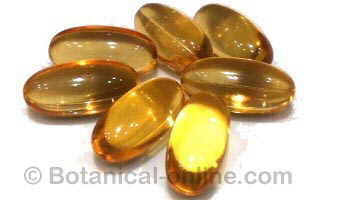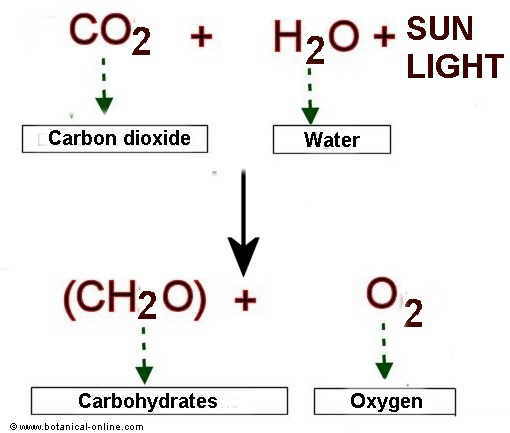Contents
- 1 When not to take omega 3 supplements EPA DHA
- 1.1 CONTRAINDICATIONS OF SUPPLEMENTS OF OMEGA 3 EPA and DHA
- 1.2 Have omega-3 supplements any contraindications?
- 1.3 Side effects of omega 3 supplements
- 1.4 Different types of omega-3
- 1.5 How omega 3 acts
- 1.6 Types of omega 3 supplements
- 1.7 Hazards or problems with fish oil EPA and DHA
- 1.8 Contraindications of ALL omega 3 supplements
When not to take omega 3 supplements EPA DHA
CONTRAINDICATIONS OF SUPPLEMENTS OF OMEGA 3 EPA and DHA
Have omega-3 supplements any contraindications?
Yes, some omega-3 supplements can have significant drawbacks.
Omega 3 fats are found in many natural foods and vegetable oils.
Eating foods high in omega 3 has no contraindications, because in case of excess, the body would keep it as body fat.
However, in case of fish oil supplements or omega 3 EPA and DHA, important contraindications exist.
Side effects of omega 3 supplements
Omega-3 supplements are safe at recommended doses. They have very few side effects and are well tolerated for most people.

Omega-3 supplements are in the form of oil beads
Occasionally they may have a mild laxative effect or cause gastrointestinal reactions, feeling of heaviness in the stomach, loose stools, etc.
In these cases it is recommended to stop the treatment and consult with the professional.
Different types of omega-3
To understand the difference and the dangers of different omega-3 supplements, we have to explain briefly what the body uses omega 3 for:
How omega 3 actsIn the liver, omega 3 (linolenic acid) becomes two substances called eicosanoids, which are EPA and DHA. These components are a powerful fluidizer blood, are antiinflammatory and cause vasodilation. The body regulates the production of EPA and DHA from omega 3: – If omega 3 supplements are taken, the body can stop or slow the production of EPA or DHA. – But if supplements containing EPA and DHA directly (fish oils) are taken, substances that are already active, they can not be regulated and exert their effect on the body. These supplements have advantages, but overused or misused, can cause side effects, such as multiply the effect of drugs. |
Types of omega 3 supplements

Omega-3 improves circulation by providing elasticity to blood vessels and blood thinning
Omega-3 supplements of plant origin are:
Evening primrose oil – Borage oil – linseed oil
These vegetable oils do not contain EPA and DHA.
Omega-3 supplements of animal origin are:
Krill Oil – Omega 3 EPA and DHA (fish oil)
(Encapsulated supplements are recommended in cold and free of heavy metals).
Hazards or problems with fish oil EPA and DHA
Unlike plant supplements, supplements containing EPA and DHA are active substances with vasodilatory properties, antithrombotic and blood fluidifying..
These properties are advantageous in certain cases, such as in people with diabetes, hypertension, arthritis, inflammatory diseases, etc. EPA and DHA supplements are very effective and in some cases may reduce the dose of drugs.
But the EPA and DHA act directly, with the disadvantage that can enhance the action of drugs for the heart, circulation, varicose veins, etc. In these cases do not take these supplements, but consult your doctor.
Contraindications of ALL omega 3 supplements

Healthy vegetarians do not need supplements of fish oil, but they are recommended to take other foods rich in omega-3 daily.
Supplements should be taken according to the dosage or quantities indicated on the package. It is not recommended to exceed the recommended doses unless directed by your doctor.
Both, fish oils and supplements of plant origin, have the following contraindications:
- Pregnancy: Consult with your doctor.
- Schizophrenia and epilepsy: Consult with your doctor. Especially when they treated with epileptogenic drugs such as phenothiazines.
- Heart Failure: Consult with your doctor. It can interfere with medication.
- Drugs: If you take anticoagulant drugs, heart medications, medication for circulation, or other types of medication, consult your doctor before taking this supplement.
- Do not take omega 3 before or after surgery (preoperative and postoperative)
Attention! Before taking omega 3 supplements you should consult with your doctor because they can interfere with some medications. Supplements do not replace a diet rich in omega-3.
![]() More information on oily fish and omega 3 benefits
More information on oily fish and omega 3 benefits








